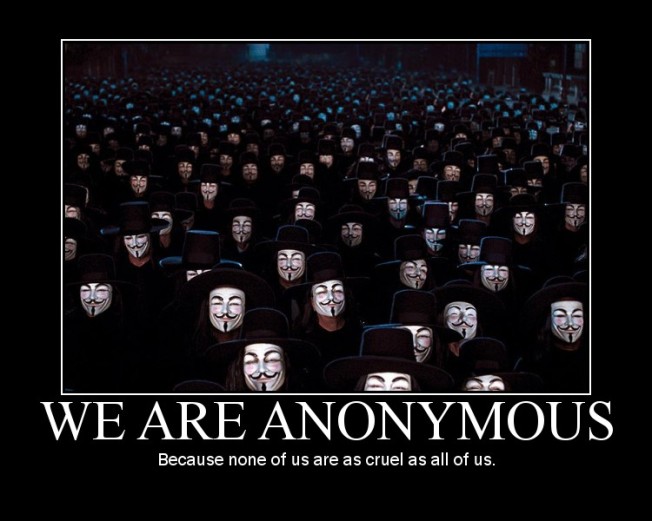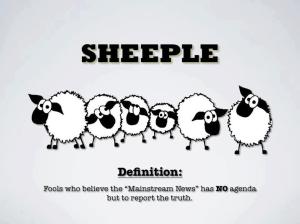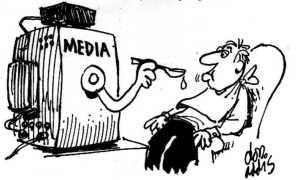What does it mean to be a hacker – someone who fights for civil liberties over the World Wide Web, through the means of showing mainstream users what the people with power, who are controlling what people consume, are hiding. In front of the computer, typing on a keyboard sits the cyber-activists bringing face to the issues a majority of people are unaware of.
Only recognizable by a mask, a group called Anonymous, stand for the freedom of information, promote decentralization of information and utilize the power of a group rather than the individual. Judging only by their ability to hack and not by age, race, sex and position, Anonymous stand united, with the power to hack large organizations the threat of anonymous is something to know of, shown by their slogan “Information is free, We are anonymous, We are legion, We do not forgive, We do not forget, Expect us”.
Being a “hacktivist” comes at its own risks – shown by this Northampton article, the event of hacking big businesses PayPal, MasterCard and Visa was seen as an illegal act and the people caught stood trial and jailed for “conspiring to impair the operation of computers”. Though people were caught, named and imprisoned, Anonymous still stands and continues to hack. Anyone can be Anonymous and represent what Anonymous represents. Anonymous is confined to a physical space or presence; they are everywhere and can be anyone.
While the extreme hacking of big businesses isn’t ideal for a lot of people there are ways to show support and understanding for what hacktivists are trying to represent.
F.A.T Lab is a group of hackers that want to make people aware of what they do and what is going on on the internet. By using popular culture, mixing and changing it to create Art, F.A.T Lab provides to impact the way people understand the power of the World Wide Web and understand its potential when limitations are not enforced.


